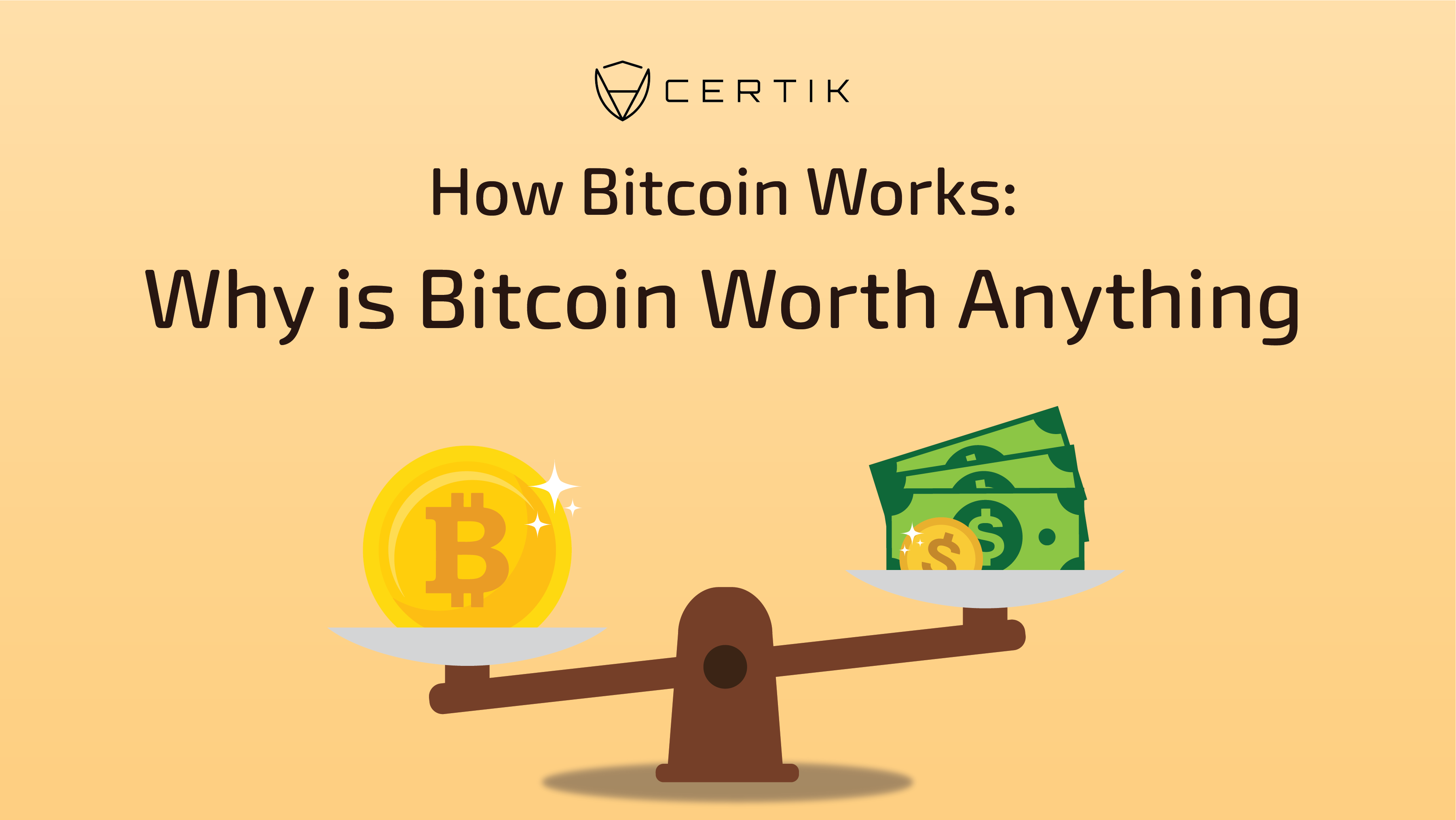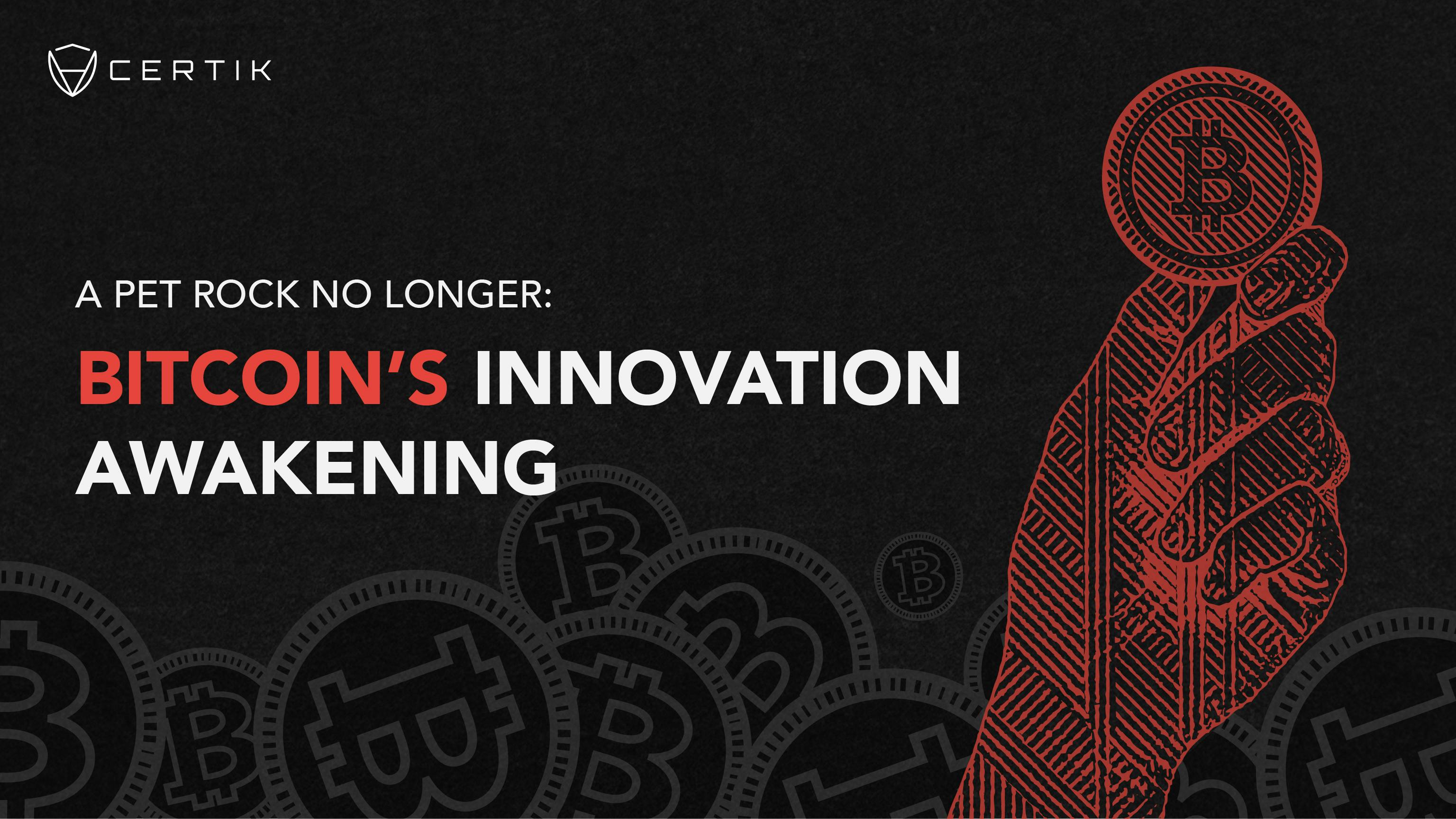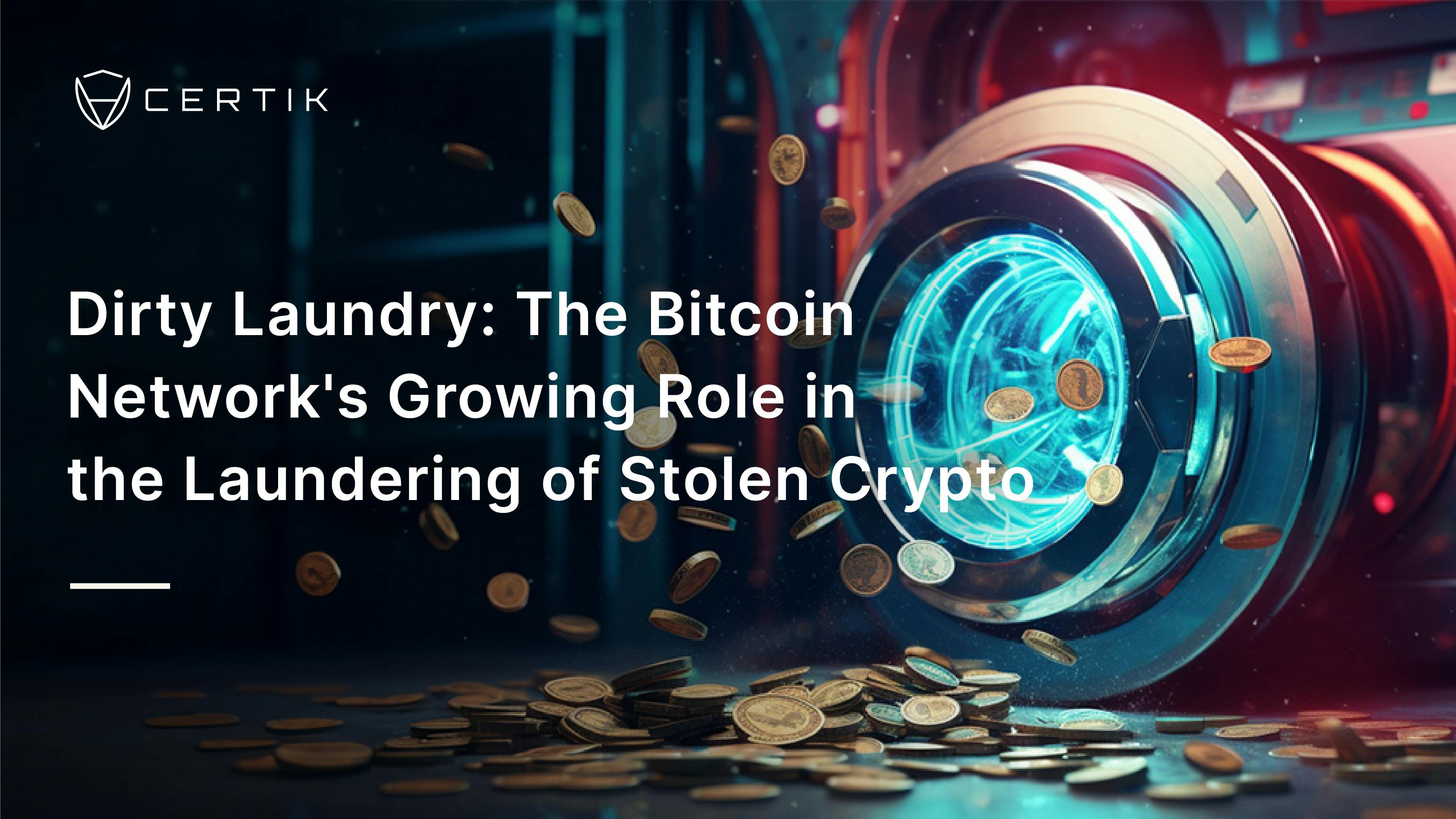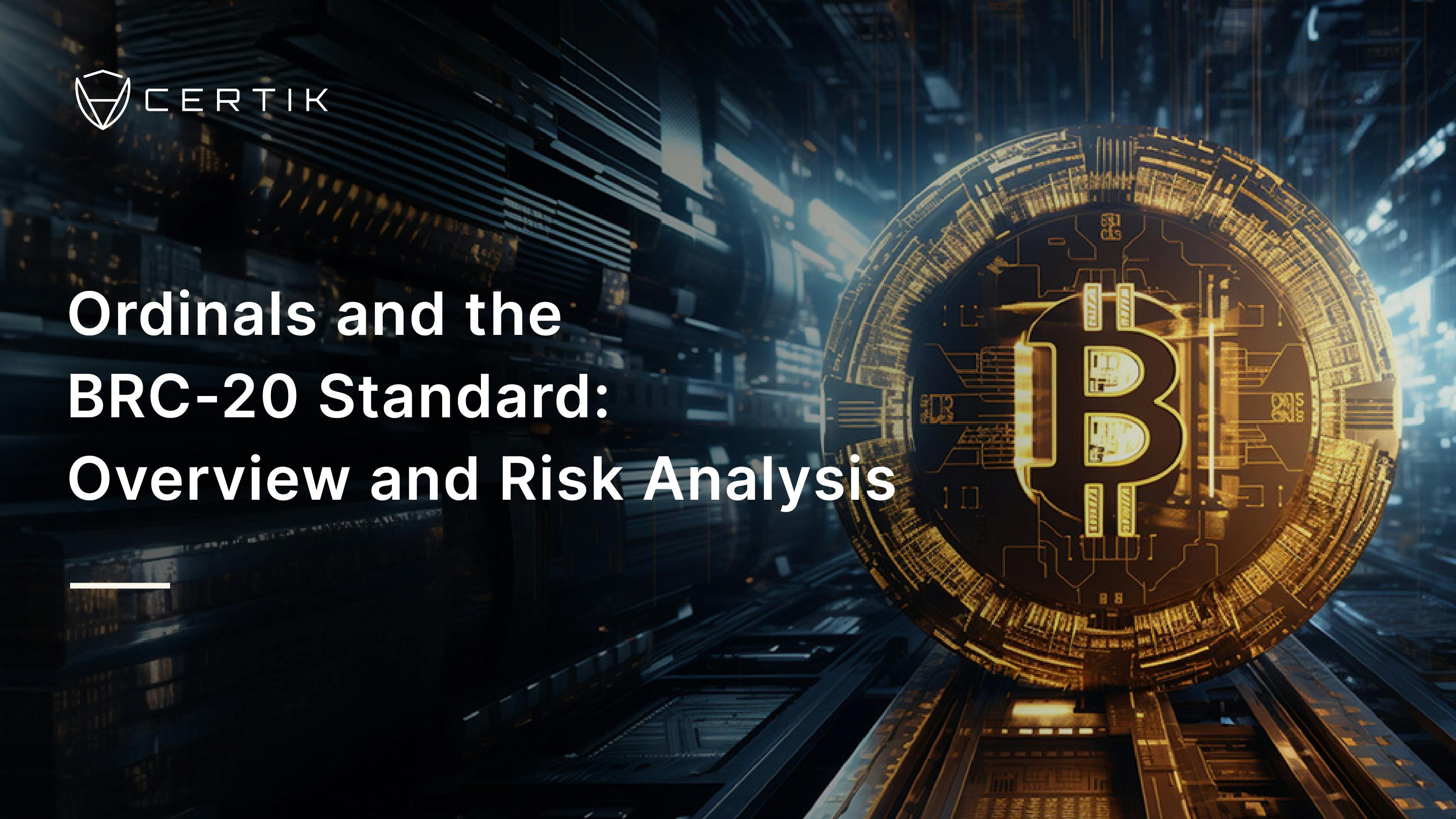
Now that you have read the previous posts, you understand how Bitcoin works as a currency system created purely out of code. But you might still be wondering anyone considers this currency to have any value.
When Bitcoin was first invented, it was essentially worthless. Since then, the price has gradually risen (with a lot of wild ups and downs along the way). At its low, Bitcoin was worth a couple cents. At its peak, one Bitcoin was worth over twenty thousand dollars.
There isn’t really a non-controversial way to explain why this has happened. Some argue that Bitcoin shouldn’t be worth anything at all and that one day it will crash entirely and become worthless. Others argue that it should be worth millions, and is the future of a better, more digital currency.
The fact is: there is no agreed-upon way to determine the value of an asset like Bitcoin. In the end, we have to defer to the market.
How much is a Bitcoin worth? Whatever people say it is.
Of course, the why matters here, which returns to supply and demand. Demand for Bitcoin has gradually risen as people have speculated on the currency and its applications, but the supply is limited. Therefore the price has gone up.
Now: how is the supply limited? The rate at which new Bitcoin are created is nearly completely predetermined, because it is coded into the software.
Specifically, as we previously discussed, there is a certain amount of Bitcoin that each miner is allowed to credit himself. However, this number changes depending on how many blocks have already been created. Since we know that one block will be published roughly every ten minutes, and we know how many Bitcoin will be created in each block, we can chart what the supply of Bitcoin at any given time — even far into the future.
The rate of growth in the Bitcoin supply looks like this:

As you can see, Bitcoin is created more and more slowly until a future point at which no new Bitcoin will be created at all (estimated to occur in 2140.) At that point, miners will not be allowed to credit new Bitcoin to themselves, and thus they will be paid only with transaction fees.
Therefore, only 21 million Bitcoin will ever be created in total — creating a market cap.
This decreasing rate of mining is very analogous to mining a mineral like gold. If prospectors find an untapped vein, there will be a huge gold rush in that area and that gold will be mined very rapidly for a period of time — until most of the gold near the surface has been taken for grabs.
After that initial rush, people will start having to mine longer and harder in that area in order to find any gold. Gradually, the tap will run dry until all possibility of extracting any more gold is gone completely.
That doesn’t mean gold is less valuable as time goes on — it just means the bonanza is over.
Many find Bitcoin appealing for this reason. As a form of currency, it is more similar to paying in rare metals or other precious goods than it is to a government-issued currency (such as the US dollar). Gold, like Bitcoin, is a truly scarce resources that no one can create more of, and thus are truly valuable. With government-issued currency, however, the government can simply print more of it at any time and create inflation which could adversely affect your holding.
There are, of course, many problems with gold. For one it is heavy and difficult to transport — this is why banks (and currency) were invented in the first place! Bitcoin, meanwhile has no such constraints and is actually easier to transfer than government money is (quicker and with lower fees.)
Think about the ramifications: with the internet, do we need banks? With Bitcoin, do we need government-managed fiat?
Now, the answer to these questions might be “yes.” But the pause, and the question alone, is appealing for those who invest in what they understand to be the future of finance.
Peter Thiel, a major Silicon Valley venture capitalist, famously said that for one technology that involves connecting people through a network (e.g. Facebook, Twitter, Instagram, etc.) to overtake an existing competitor, it needs to be ten times better. If someone invented a version of Facebook that was only a little bit better than Facebook, no one would switch over because the minor improvements would not make up for the fact that all of their friends are on Facebook and none of their friends are on the new product. To conquer Facebook, you would have to invent an alternative so staggeringly superior that everyone switches over at once and brings their friends with them.
The selling point is that Bitcoin — digital, immutable, and decentralized — is at least ten times better than either gold or fiat currency, given that it is much easier to transfer, much easier to store, and much harder to counterfeit or manipulate.
This is why people think it will be the gold of the future, and therefore why people have been so eager to buy it.
(If you are interested in buying some Bitcoin it yourself, you can buy it on Cash App, Coinbase, Abra, or Gemini.)
(If you are interested in how CertiK keeps this all safe, follow them at certik.io)
If you liked this article, follow me on Twitter @maxwellsfoley.



